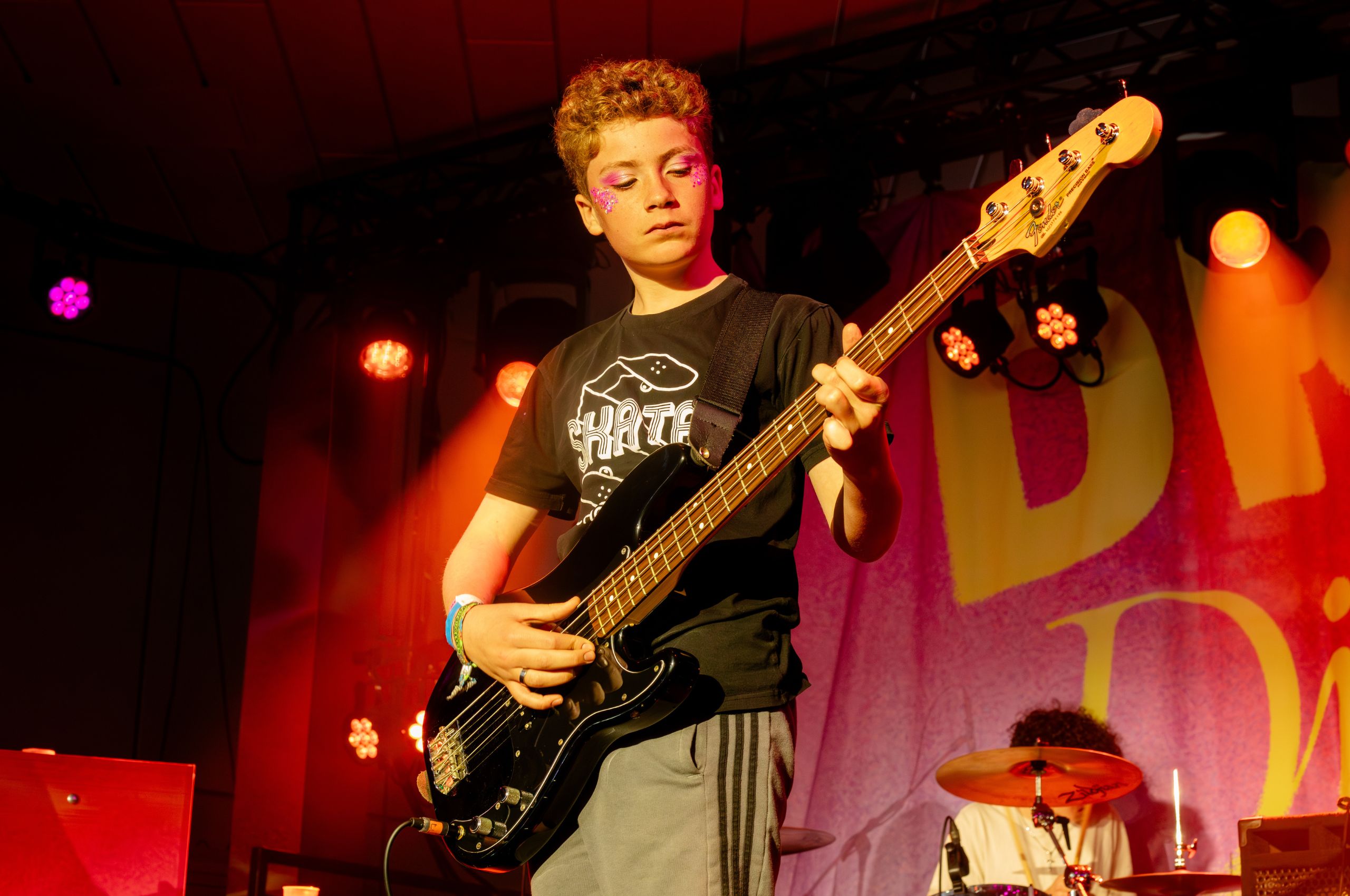Children and young people in the UK have the lowest wellbeing in Europe. National survey data from 2023 show that about one in five children and young people aged 8 to 25 years were likely to have a mental health problem.
This prevalence begins early affecting one in six children in early childhood and rises to one in four by age 19, with the transition to secondary school marking a critical turning point. These numbers highlight that early support is necessary to give children and young people the chance to thrive in the future.
One powerful form of such support could be early participation in arts and cultural activities. Drawing, singing, acting, playing music and getting creative with friends strengthen imagination, critical thinking, and problem-solving skills, laying the foundation for healthy cognitive and emotional development. Taking part in arts and culture has also been shown to support learning across other subjects, including English, Maths, and Science.
Engaging with arts and culture – whether creating something alone, with friends, or in a group – can offer powerful ways to connect with young people on their own terms. These activities foster aspirations, teamwork, and self-expression by providing safe spaces for feelings that may be hard for young people to articulate. If such activities can be offered alongside core subjects in schools, they can make learning more enjoyable and help children better understand and remember what they are being taught.
Despite these benefits of early engagement with arts and culture, young people continue to face various challenges in accessing inclusive, supportive and creative environments. Cuts to government funding for arts in schools have impacted access across the board, while the concentration of museums and cultural venues in urban centres leaves many communities underserved. These access challenges tend to be even more acute for those children and young people coming from lower income backgrounds and with transport costs acting as a particular barrier.
Arts and culture can play a vital role in supporting the wellbeing of children and young people, yet their economic impact on this generation remains underexplored. This report contributes to the growing evidence base by assessing the value for money of the Factory International Schools Programme (FISP) — a 10-month initiative designed to enhance young people’s wellbeing and confidence through sustained engagement with arts and culture.
Our analysis builds on the evaluation conducted by the #BeeWell team at the University of Manchester, which found that compared to a matched group of young people from the #BeeWell dataset, FISP participants experienced significant improvements in life satisfaction— equivalent to around 0.6 points on a 0–10 life satisfaction scale. This is a meaningful change, comparable to the wellbeing boost an adult experiences when moving from unemployment into employment.
Delivered in partnership with schools, FISP provides in-school sessions led by professional artists who work closely with teachers to build trust, ensure continuity, and support effective student participation. Since its pilot launch in 2023, the programme has supported 181 students across five schools in Greater Manchester. To calculate the value assessment of the programme, we apply the HM Treasury’s (HMT’s) methodology to put a monetary value on this increase in wellbeing to understand how meaningful the change really is.
We find that if the wellbeing impact of the programme were sustained for just two months, FISP would fully recover its total costs of £1,314 per student. This means that, even without considering any benefits outside the scope of this study, the programme demonstrates potential for value for money within a relatively short time frame. And if the wellbeing benefits were to be sustained for a year, it would deliver £7 in benefits for every £1 spent.
This analysis of FISP shows that investing in arts and culture not only supports young people’s wellbeing but also delivers strong value for money, even under cautious assumptions. It is likely that this return is strengthened by the sustained, school-embedded approach taken by FISP, though further qualitative evaluation would provide deeper insight into precisely how and why the programme works. The findings contribute to a growing body of evidence showing that access to high-quality arts and cultural experiences can have a powerful positive impact on children and young people. Previous PBE evaluations, including work with the Artis Foundation, have shown similarly impressive returns.
This evidence base should be of particular interest to policymakers concerned with deploying tight public budgets in a way that can best meet the needs of the country. With children and young people in the UK reporting concerningly high levels of poor wellbeing and mental health challenges, the government should explore what more it might do to tap into the power of arts and culture access as a means of tackling the problem.

